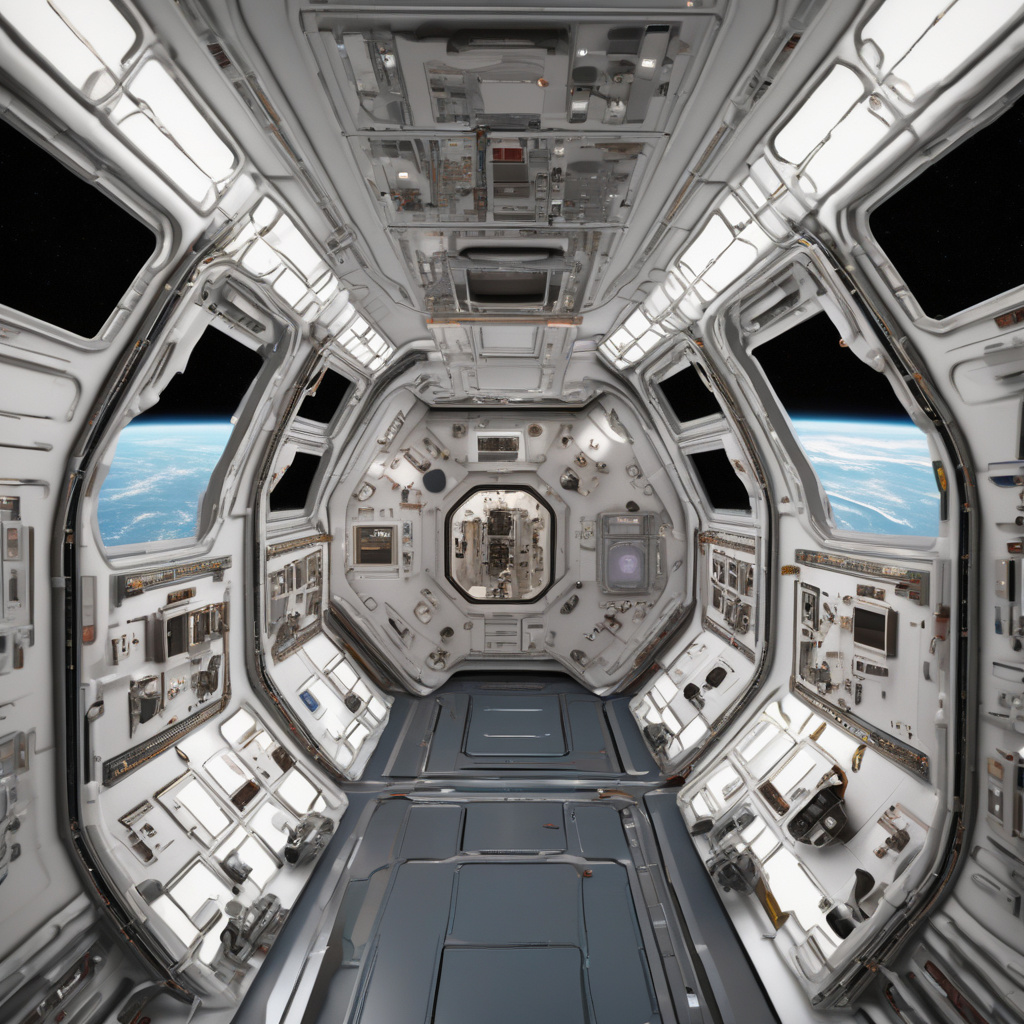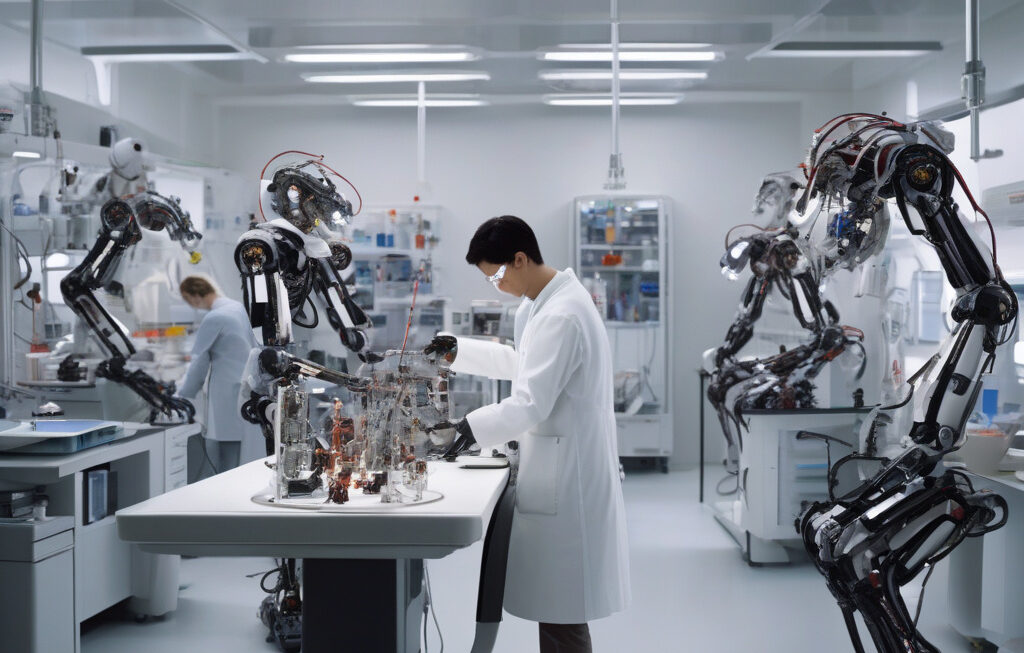ISS to test lifelike robot materials, nanomaterials for cancer in microgravity
The International Space Station (ISS) astronauts are all set to conduct more exciting research in the realm of materials science. The latest mission on board the ISS involves testing lifelike robot materials and exploring the potential of nanomaterials for cancer treatment in microgravity. This groundbreaking research not only pushes the boundaries of scientific discovery but also holds promise for significant advancements in both robotics and healthcare.
One of the key focuses of this mission is to evaluate the performance of lifelike robot materials in the unique environment of microgravity. By subjecting these materials to the conditions present in space, scientists aim to better understand how different types of robots can withstand the challenges of operating in space. This research is crucial for the development of advanced robotic systems that can be used in future space exploration missions, such as those to Mars or beyond.
Furthermore, the ISS research team will also be investigating the use of nanomaterials for potential cancer treatments in microgravity. Nanotechnology has shown great promise in targeted drug delivery and precision medicine, particularly in the field of oncology. By studying how nanomaterials behave in microgravity, scientists hope to gain insights that can enhance the effectiveness of cancer therapies here on Earth.
The unique environment of microgravity offers a valuable setting for these experiments. In microgravity, the effects of gravity are greatly reduced, allowing scientists to study the behavior of materials and biological processes in ways that are not possible on Earth. This opens up new possibilities for research and discovery across various scientific disciplines.
Moreover, the results of these experiments could have far-reaching implications beyond space exploration. The advancements in materials science and cancer research made possible by this ISS mission could lead to innovations that benefit society as a whole. From more durable and resilient materials for everyday use to more effective and targeted cancer treatments, the potential applications of this research are vast.
As we look to the future of space exploration and scientific discovery, it is clear that the ISS plays a crucial role in advancing our understanding of the universe and improving life on Earth. By conducting groundbreaking research such as testing lifelike robot materials and exploring nanomaterials for cancer treatment in microgravity, the ISS continues to be at the forefront of innovation and progress.
In conclusion, the upcoming research mission on the ISS holds great promise for the fields of materials science, robotics, and healthcare. By leveraging the unique environment of microgravity, scientists are poised to make significant advancements that could shape the future of technology and medicine. The discoveries made on the ISS have the potential to revolutionize industries and improve the quality of life for people around the world.
#ISS, #materials science, #nanomaterials, #cancer treatment, #microgravity












